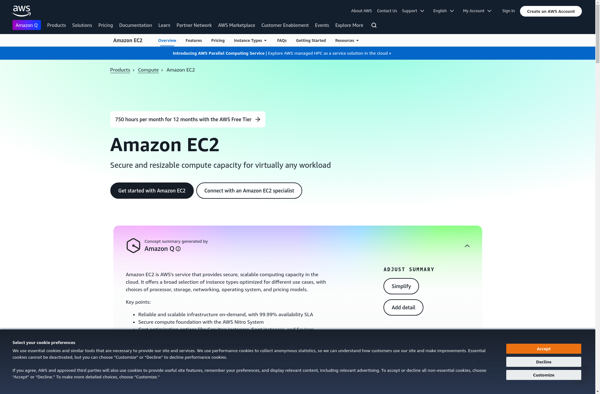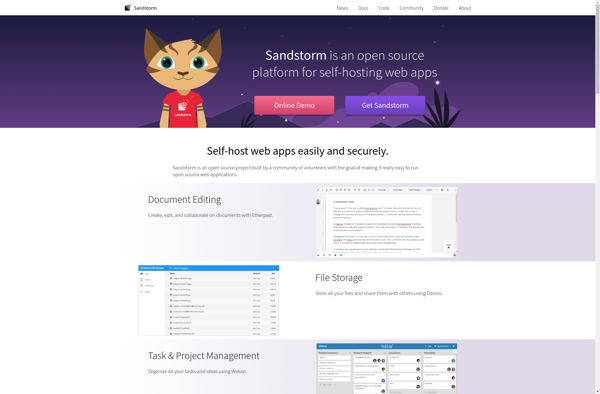Hybrid Web Hosting

Hybrid Web Hosting: Reliable & Affordable
Hybrid web hosting combines shared and dedicated hosting plans, allocating dedicated resources only when needed to handle traffic spikes. It aims to provide the reliability of dedicated servers with the affordability of shared hosting.
What is Hybrid Web Hosting?
Hybrid web hosting is a type of hosting solution that blends aspects of both shared web hosting and dedicated server hosting. The key idea behind hybrid hosting is to provide site owners with the flexibility and scalability of a dedicated server, without the high costs typically associated with dedicated hosting.
With hybrid hosting, sites are initially hosted on shared servers, much like with standard shared web hosting plans. However, hybrid hosting includes proprietary technology that allows sites to be seamlessly migrated to isolated, dedicated resources when certain triggers are met, such as sudden traffic spikes. This on-demand allocation system provides the reliability and performance of a dedicated server, but only when you really need it.
The major advantage of hybrid hosting is cost savings. Site owners only pay for dedicated resources when their sites actually require it, for example during periods of abnormally high traffic. The rest of the time, their sites benefit from the economies of scale offered by shared hosting environments. This results in hosting that can efficiently support traffic fluctuations at a fraction of the cost of dedicated server hosting.
Therefore, hybrid hosting presents an appealing middle ground between shared and dedicated hosting. It brings much of the best of both worlds, offering site owners the flexibility, headroom, and isolation of dedicated servers for peak traffic periods, while providing immense savings by leveraging shared resources during normal operating conditions.
Hybrid Web Hosting Features
Features
- Combination of shared and dedicated hosting plans
- Dedicated resources allocated only when needed to handle traffic spikes
- Reliable performance like dedicated servers
- Affordable pricing like shared hosting
- Scalable hosting resources
- Automated resource allocation based on usage
- Easy to manage and monitor hosting environment
Pricing
- Subscription-Based
Pros
Cons
Official Links
Reviews & Ratings
Login to ReviewThe Best Hybrid Web Hosting Alternatives
Top Online Services and Web Hosting and other similar apps like Hybrid Web Hosting
Here are some alternatives to Hybrid Web Hosting:
Suggest an alternative ❐Amazon Web Services

Microsoft Azure

Linode

DigitalOcean

Amazon Elastic Compute Cloud

GoDaddy

Amazon Lightsail

OnWorks

Hostinger

Heroku

Vultr

Sandstorm

Portal Cloud
